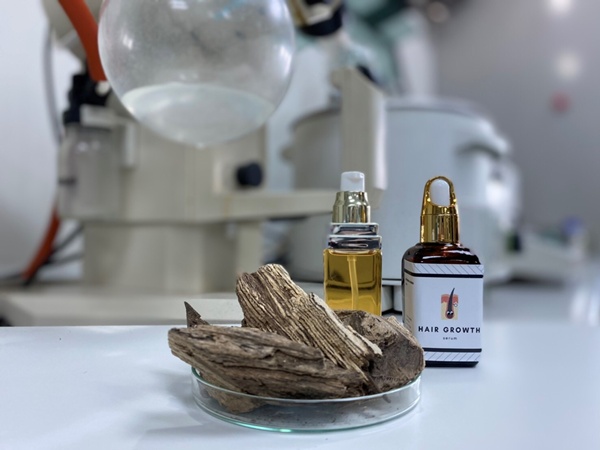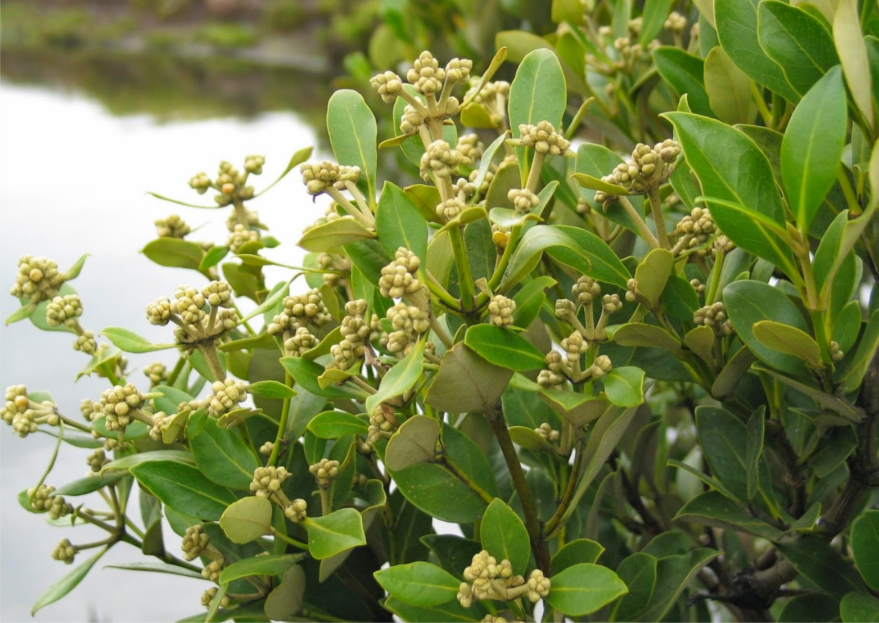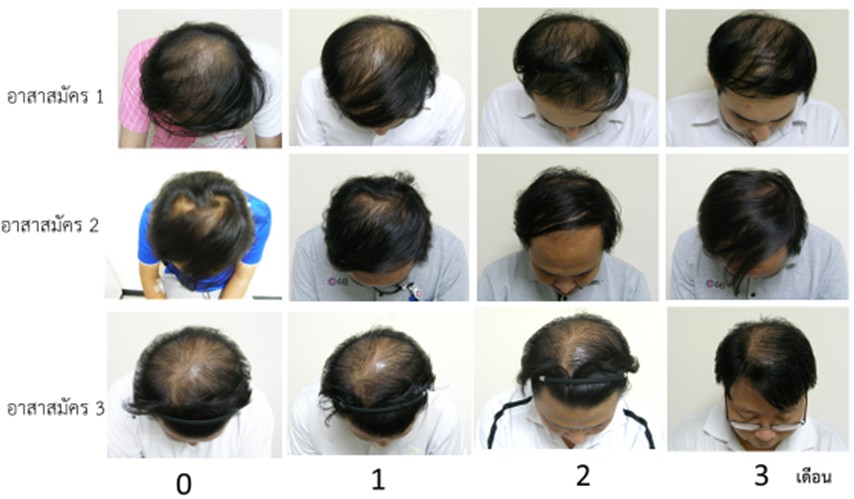Newswise — Chula’s Faculty of Pharmaceutical Science has developed its very own “Mangrove–Tree (Samae–Talay) extract treatment for hair loss and baldness problem” which received the Innovation Award 2021 in Chemical Science and Pharmacy (Very Good Level) from the National Research Council of Thailand (NRCT), and is expected to hit the market this year.
For a great number of people “hair loss and baldness” are causes for anxiety and crisis of confidence. Research shows that 65% of the cases are genetic, and this deepens people’s despair even further. Chula’s Pharmaceutical Science Research Team has just come up with a solution that can cure androgenic alopecia or pattern baldness and will bring back the joy to people’s lives again. Product tests on more than 50 men and women have proven to be effective.

Professor Wanchai De-Eknamkul, Ph.D., Department of Pharmacognosy and Pharmaceutical Botany, Faculty of Pharmaceutical Science, Chulalongkorn University, and research team advisor described the testing process and the results of the research, “we took pictures of the volunteers’ heads from every angle and looked at the balding patches through a microscope to study the nature of the hair loss. The volunteers were then given treatment and asked to come back in one month. Photos were taken again. This process was repeated for 4 months. We found that in just the first month of using the mangrove extract, the balding patches were covered with new hair. Hair loss during shampooing decreased. Hair was stronger and remained attached to the scalp longer. More importantly, no allergies to the extract were detected.”

Professor Wanchai De-Eknamkul, Ph.D.,
Department of Pharmacognosy and Pharmaceutical Botany,
Faculty of Pharmaceutical Science
Prof. Wanchai continued to say that this research is an extension of a doctoral dissertation project that studied hair loss. The research team extended the scope of this research to cover finding the extracts or pure natural substances that would be effective in treating hair loss. “We screened more than 50 herbal extracts and more than 20 pure substances and found that the Mangrove Tree (Samae Talay) extract contains the active ingredient avicequinone C, which inhibits the activity of the enzyme that produces hair-loss-causing hormones. Also, the extract helps to build proteins that promote hair growth, thus providing a complete solution to hair loss problems.”
Prof. Dr. Wanchai said that most cosmetic and cosmeceutical products that claim to cure hair loss contain chemically synthesized drugs, which may cause harmful side effects, especially allergic reactions, and dermatitis. Worse yet, most of them have not been scientifically proven or researched to determine their healing mechanisms.

“In the past, we imported synthetic drugs, both topical and oral, from abroad and they only worked at 30% and 48% levels respectively. Side effects were substantial. Therefore, extracts from the Mangrove (Samae Talay) Trees, which are found in Thailand’s mangrove forests, will not only help to reduce imports of these synthetic drugs but also can potentially be exported to other countries to create added market value for the country.”
Currently, the patent for this research has already been bought by a private company through Chulalongkorn University Intellectual Property Institute (CUIP) to be developed into a product. A larger-scale test on larger numbers of volunteers will be done again before entering commercial production and FDA registration processes. The product is expected to hit the market within 6 months.


“I wish to see this research developed into a commercially viable product to help people with hair loss and balding problems to boost their self-confidence and enhance their quality of life.”
Prof. Wanchai concluded that apart from hair-loss and baldness research, the team is also studying hair graying problems to come up with a herbal treatment to naturally stimulate black hair melanin.
